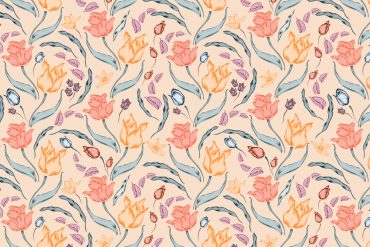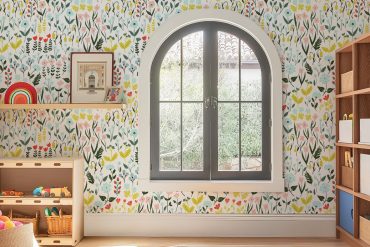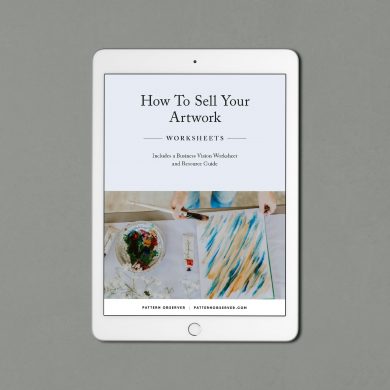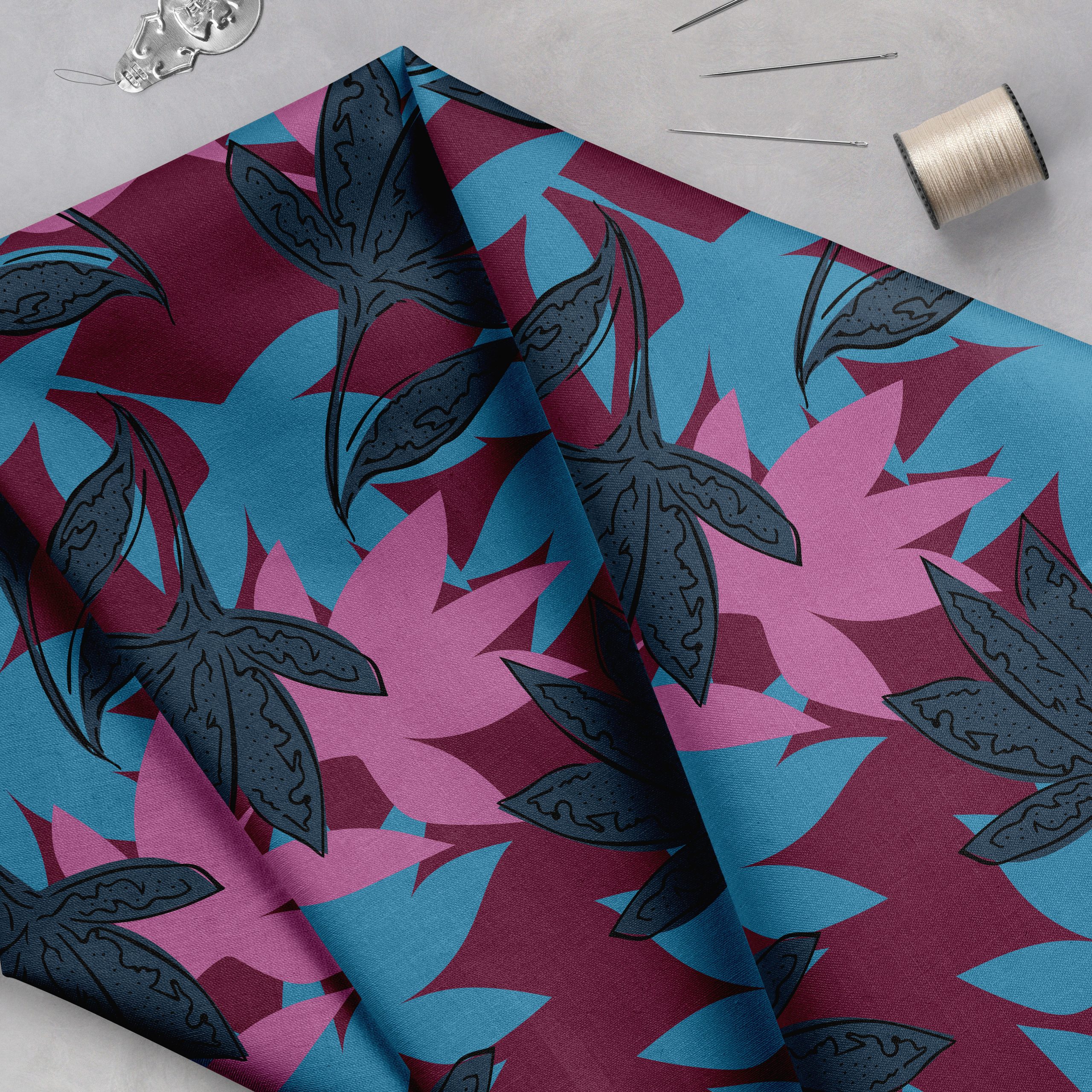Some people are born with the entrepreneurial bug and others develop it as they grow older and discover what they’re passionate about. I’ve always loved the idea of being in business for myself. It started out with things such as lemonade stands to more controversial concepts such as a for-profit library—which was me selling library cards to my family for a dollar. Needless to say, it wasn’t a huge surprise when I started my own business right out of college. I was making hand-painted handbags and they were being sold in high end boutiques and gift shops. In some ways the business was a success. The bags were sold in over one hundred stores nationwide, which sounds pretty good but unfortunately, the business was a disaster financially. I made the classic mistake of pricing my products too low and was actually losing money every time a bag was sold. Yikes! Talk about the opposite of creating a prosperous business.
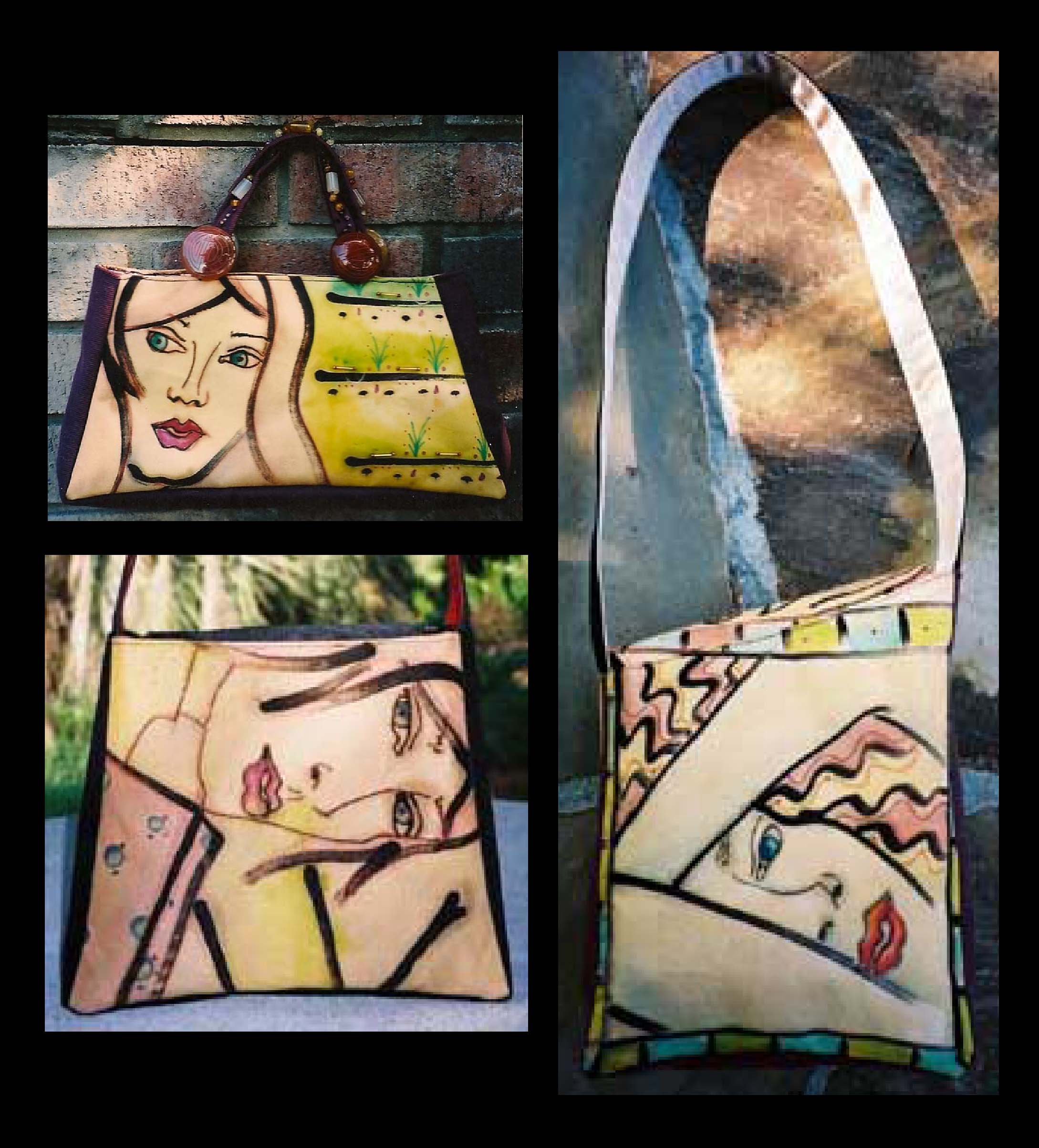
The entire experience left me exhausted, frustrated, and broke. It didn’t take long for me to realize that I wanted and needed to learn more about the business on someone else’s dime. That meant one thing: getting a full-time design job. It wasn’t easy to leave my business behind because I had some pride in it and attachment to all the work I’d done but in my heart of hearts I knew that if I ever wanted to return to the world of entrepreneurship it would be better to do so after I was established and had some experience.
Before I knew it, eight years passed me by and I found myself handing over my two weeks’ notice and officially launching my freelance business. I’ll admit it, it took me about a month to get into the swing of things, but once I figured out how to put down the tennis racquet and get back to work, I thrived. I fell in love with the freedom, the challenges, and the opportunities to learn what freelancers must know on a daily basis.
Don’t get me wrong. Despite my life-long love affair with entrepreneurship I was still very nervous to leave my full-time design job. It was secure and I had concerns that I might not be able to pay my bills, worries about my design skills declining, and hesitation about if the freelance lifestyle was truly all I’d imagined it to be. Do you have similar concerns when you think about a freelance lifestyle? These concerns are legitimate but there are some fairly simple ways to determine if your concerns are warning signs that it’s not a good move for you or if they are simply your protective barriers. Evaluate the six questions below and see how they fit into your personality and approach to life. It’ll help you a great deal!
1. Are you able to focus and manage your time?
It took me about a month of freelancing to remember that I wasn’t retired and I needed to put down the tennis racquet, put away the yoga mat, and get back to work. I’ve found that using programs such as Asana and Google Calendar help me to keep the focus and motivation I need.
2. Are you resilient?
Running your own business can be tough and you are going to encounter many difficult situations and clients along the way. You have to remember that how you react to these situations is very important. Are you going to pick yourself up and keep going? You sure need to. It helps to establish a support network of family, friends, and fellow freelancers who you can turn to when the going gets tough.
3. Are you able to market your work?
With a slight mindset shift, marketing can become much less painful than you would imagine. Instead of focusing on yourself, focus on your potential clients and how you can make their lives better or their jobs a little easier. This is one of the parts of being an entrepreneur that I struggle with most but I’ve found that being aware of that helps me market even when that voice in the front of my mind is saying, “Put it off.”
4. Are you comfortable with down-time?
Every freelancer, no matter how successful, has downtime. This downtime happens while waiting on feedback or in between clients and can range from an hour to a few weeks. As a freelancer who gets paid by the hour or project, this downtime can be scary. No work, no income, right? The exciting news is that during that downtime miracles can happen! Ask yourself, “How can I improve my business, my artwork, or my personal life during this time?” That question is golden and can deliver results that are amazing. You may decide to launch a side business, explore a new artistic technique, or take the adventure of a lifetime that you’ve always longed for—maybe even start a blog or take a course.
5. Do you enjoy learning and being challenged?
I saw a recent Oprah show where she was discussing life lessons. She mentioned that some days she wakes up and says, “Please, God, let there be no new lessons learned today.” That statement stuck with me because it is exactly how I feel sometimes in my business. However, learning something new every day is a great thing and it helps you become better, stronger, and smarter. Yes, it can be exhausting but embrace it because it means you are challenging yourself and growing!
6. Do you have confidence in your work?
As a freelancer you must have confidence in the service you are providing. Clients come to you when they are busy, overwhelmed, or needing support and it is our job to put their worries at ease and make their day go a little smoother. There is one sure fire way to increase your level of confidence and that is experience, experience, experience! Get out there and experience what it is like to work with clients. Learn what they expect, what they need and try to enjoy the process.
There is no doubt about it—freelancing is becoming a more popular choice of employment for many reasons. Those who are successful and thrive in this unique work environment have a good work ethic and confidence that they can do amazing things for their clients as a freelancer. Some of the tips that I got for you were inspired by a great blog post that I’d read recently, titled, Is Freelancing Right For You? It was a great reminder of things I already know, what I still have to learn, where I’ve come from, and how far I have to go. And when you think about it—that is fantastic! Freelancers need to be curious and inquisitive, making the most out of opportunities and understanding what the trends are that help them remain on the top of their freelance game.
If you decide that the freelance life is right for you, I encourage you to try using our Rate Sheet template. You can download it for free and start using this tool to avoid awkward client conversations, client confusion and rate negotiations. Try it here.





